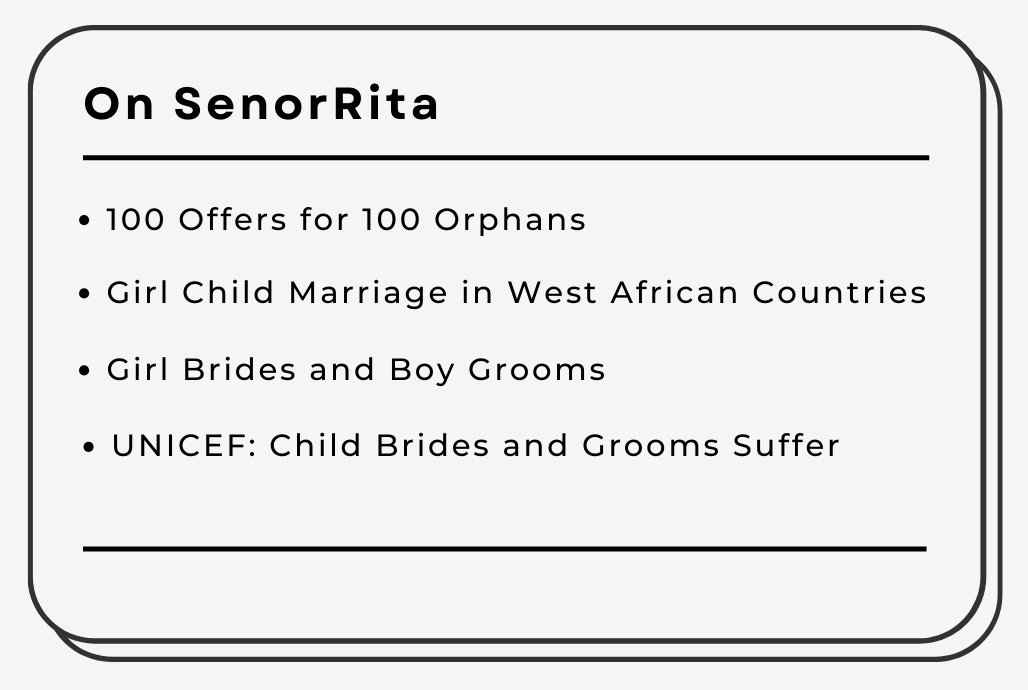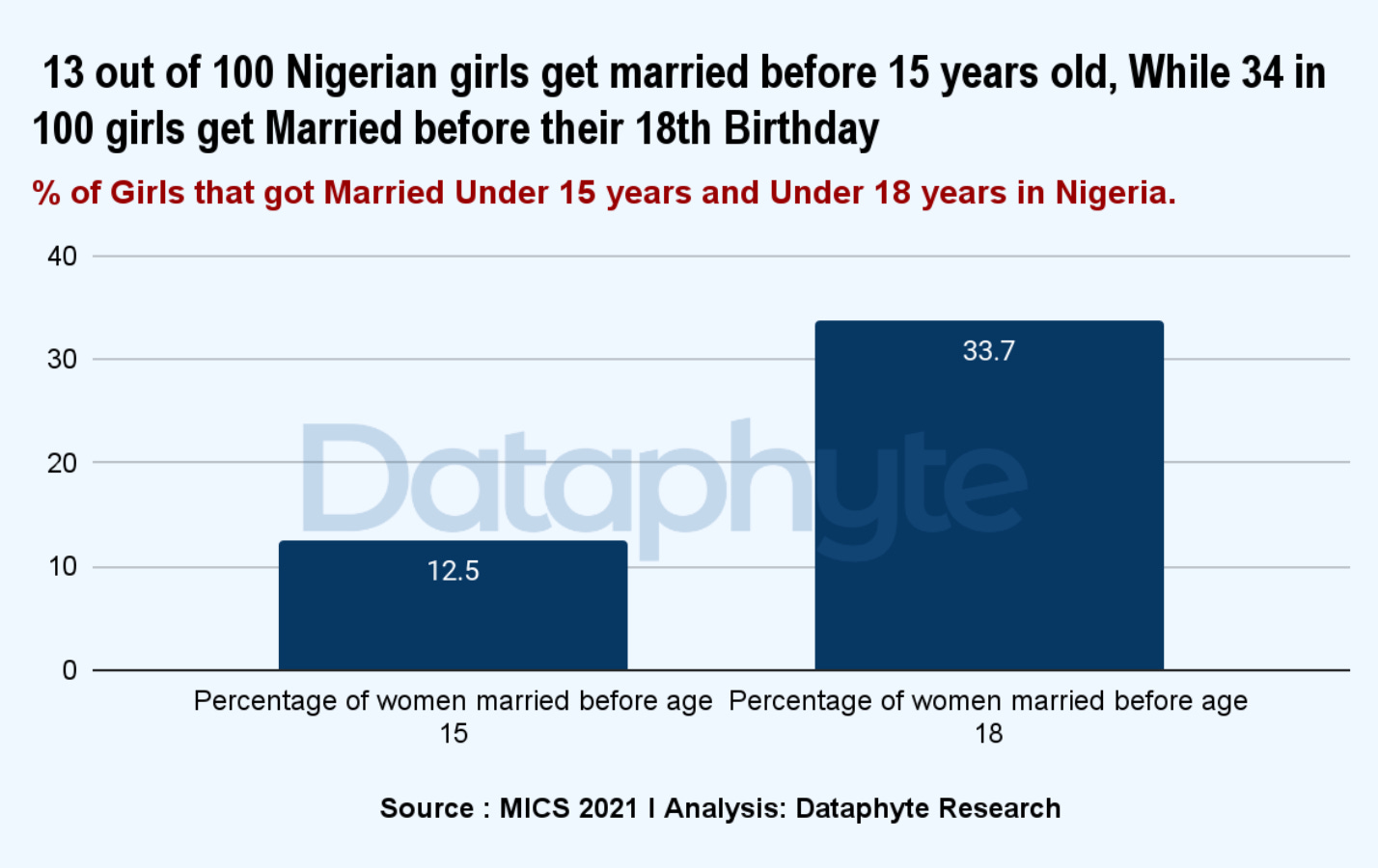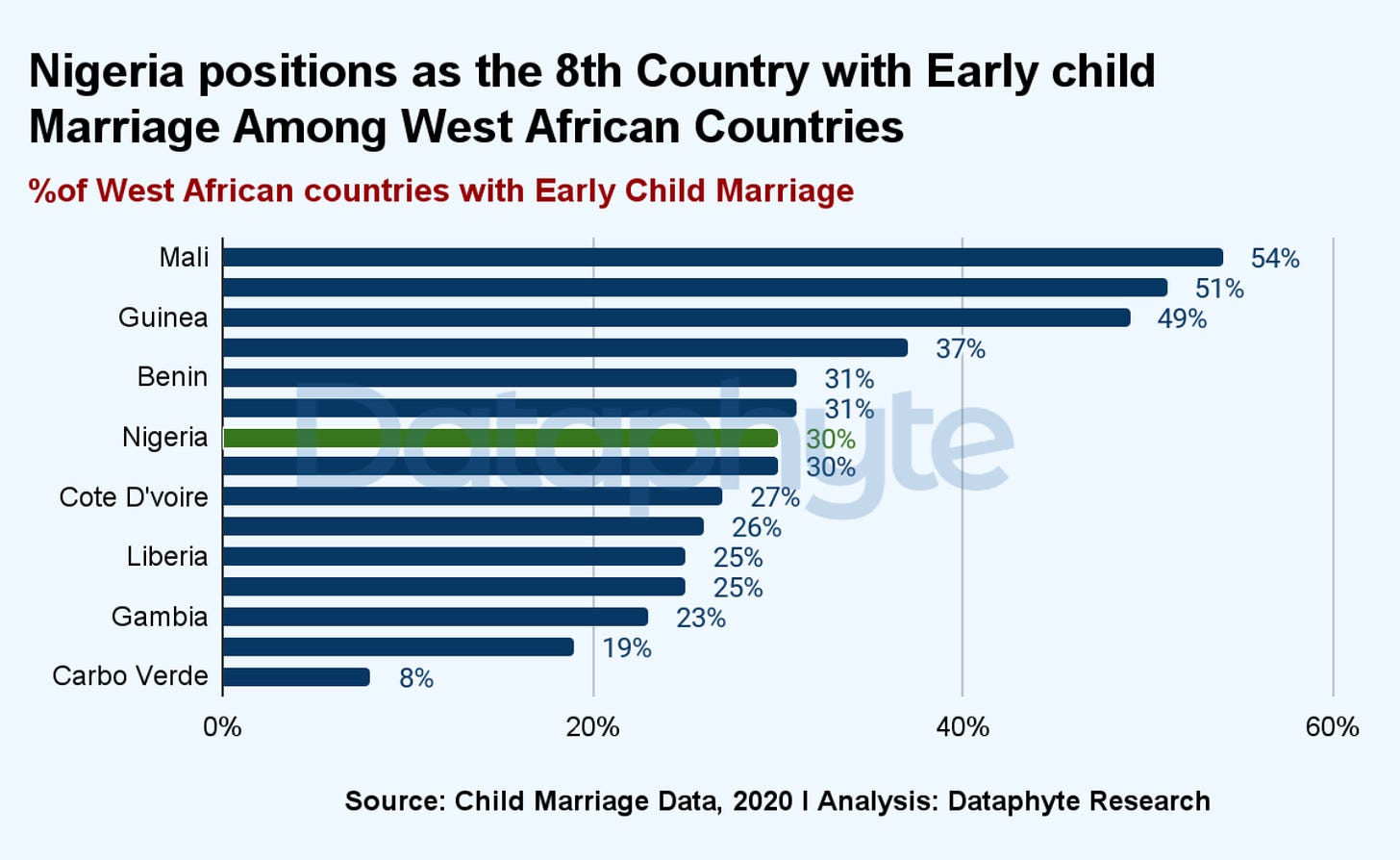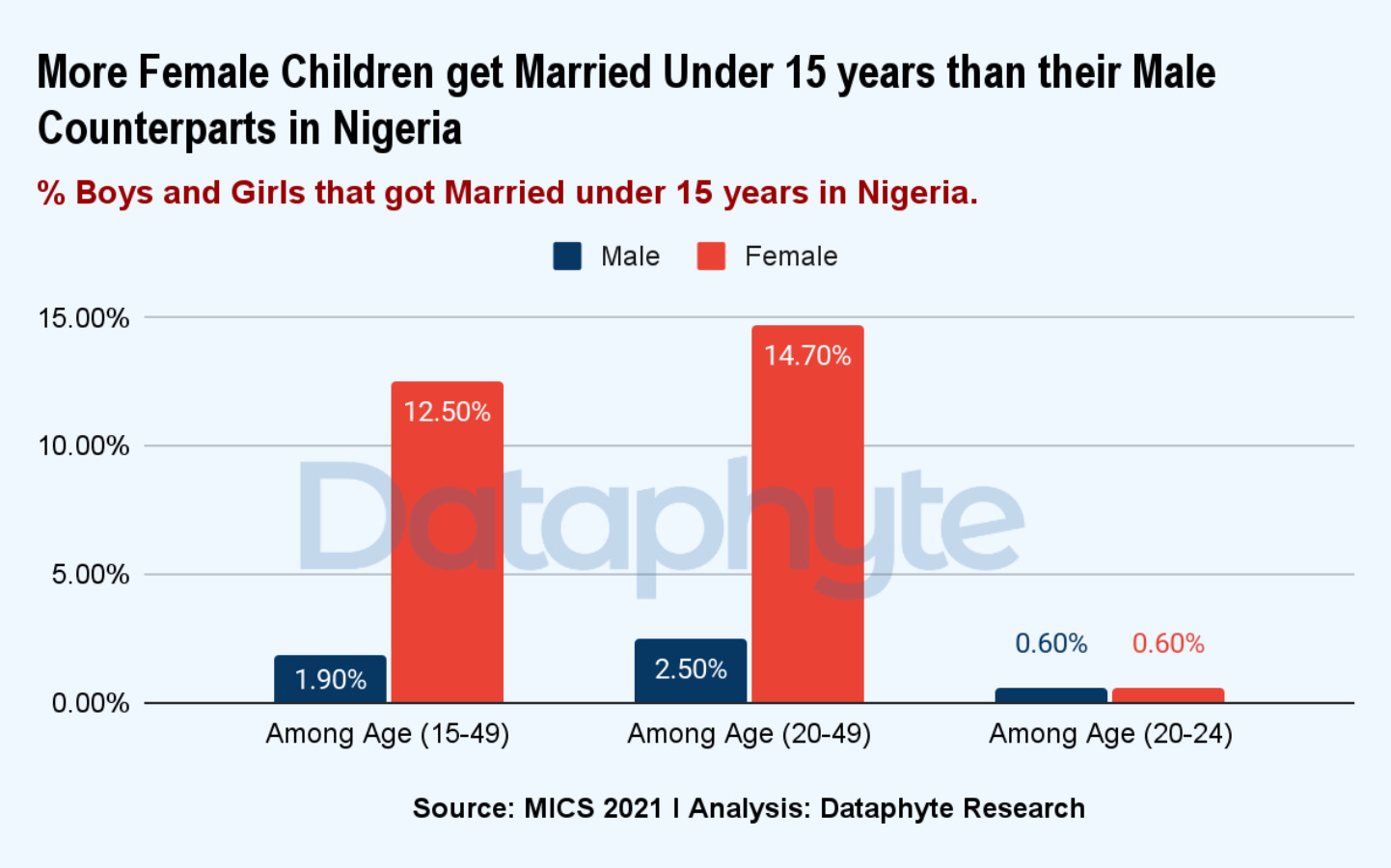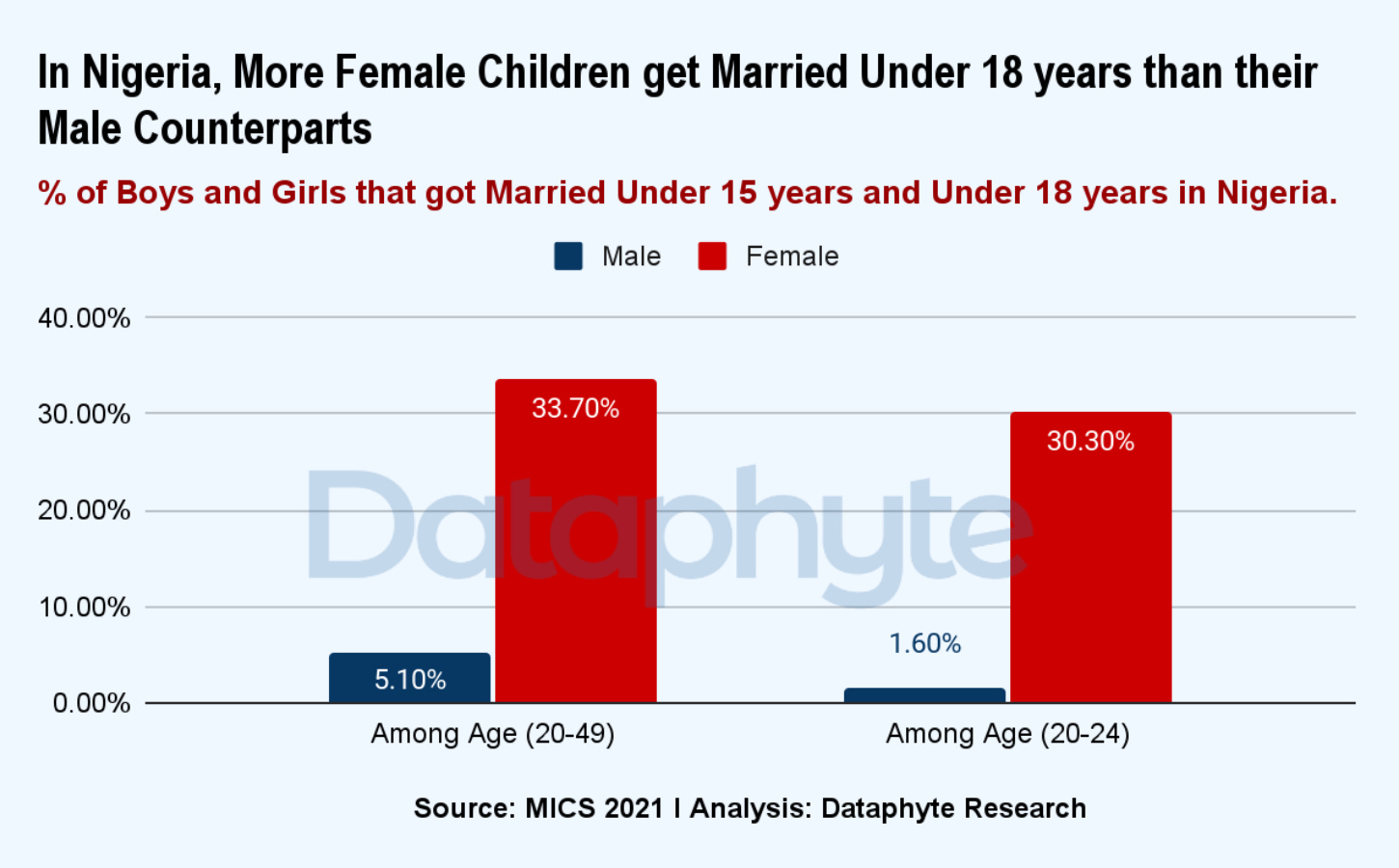100 Offers for 100 Orphans
The Speaker of the Niger State House of Assembly, Abdulmalik Sarkin-daji, on May 10 declared his intention to facilitate the marriage of 100 female orphans who lost their parents to banditry as a service to his constituency.
“Majority of these girls are orphans who have lost their parents, including children of our gallant vigilantes who lost their lives to bandits and nobody to finance their wedding despite attaining marriage age with someone ready to marry them,‘’ Mr Sarkin-daji said.
The Speaker is offering 100 orphans what he considers their chief needs.
“You cannot marry out a girl without accompanying her with some essential needs to make her comfortable in her husband’s house like room furniture, such as bed, mattress, and kitchen utensils among others.
“That is what these girls are lacking and that is the responsibility the speaker agrees to shoulder and relieve the parents of such burden, the house speaker said.
However, the Minister of Women Affairs, Mrs Uju Kennedy Ohanenye disputed the “marriage age”, doubting if the girls had attained the legal marriage age of 18.
“I have filed for an injunction to prevent him from doing whatever he intends to do on May 24th, until a thorough investigation is conducted on those girls, to determine whether they gave their consent, their ages, and who is marrying them,” the Minister said.
According to UNICEF, Child marriage refers to any formal marriage or informal union between a child under the age of 18 and an adult or another child.
Marrying underage children often exposes the girls to several psychological problems and health complications.
Mr Abdulmalik Sarkin-Daji said he’ll be giving out the orphans' hand in marriage as part of his constituency project in the Mariga Local Government Area, Premium Times reports.
He has, however, rescinded his decision, upon the Minister’s threat of litigation.
According to the 2021 Multiple Indicator Cluster Survey, the percentage of females who got married under 15 years of age is 12.5% while those married under 18 is 33.7%.
However, the 1999 Constitution as amended, shows that no minor or underage girl can consent to marriage, given that Section 29 (4) stipulates that 18 years is the “full age,” at which a woman could legitimately marry.
The Child’s Rights Act reinforced this with its prohibition of the marriage of a minor. Accordingly, a marriage so contracted “is null and void and of no effect whatsoever.”
Also, the United Nations International Children's Emergency Fund (UNICEF) frowns at early child marriage.
It says, ‘‘Taking a child for early marriage when she is still young may lead to a lack of health, lack of care, and unwanted pregnancies and the victim might be overburdened with domestic work.
‘‘Young girls who marry before the age of 18 have a greater risk of becoming victims of intimate partner violence than those who marry at an older age. This is especially true when the age gap between the child bride and spouse is large,” UNICEF added.
Girl Child Marriage in West African Countries
Child marriage practices cut across countries in the West Africa region.
The prevalence of early child marriage is high in Mali at 54%, Burkina Faso at 51%, and Guinea at 49%.
Mauritania has 37%; Benin 31%; Senegal 31%; Nigeria and Sierra Leone had 30% of child marriages respectively.
Gambia, Ghana and Carbo Verde have the lowest percentage of child marriage practices among West African countries.
Girl Brides and Boy Grooms
While both males and females get exposed to early marriage, more female children get married before the age of 15 years than their male counterparts.
Data revealed that among those (15-49 years) sampled, 12.5% of girls were married before 15 years, while 1.90% of boys married under 15 years in Nigeria.
Also, among those aged 20-49, there were 14.7% of women that got married under 15 years when compared to 2.5% of men in Nigeria.
Likewise, for children under 18 years, the gap is skewed against the girl child.
The prevalence of females who got married before the age of 18 among people (20-49 yrs) is 33.7% while that of the male is 5.1%.
For those of ages between 20 and 24 years, 30.3% of girls married under 18 years compared to 1.6% of boys.
UNICEF: Child Brides and Grooms Suffer
The World Health Organisation (WHO) defines child marriage as marriage before the age of 18. It applies to both boys and girls, but the practice is directed more towards young girls.
The health risks of child marriage abound.
According to the WHO, "Complications of pregnancy and childbirth are the leading cause of death in young women aged 15–19. Young girls who marry later and delay pregnancy beyond their adolescence have more chances to stay healthier, to better their education and to build a better life for themselves and their families.
‘Pregnancy complications, high mother and child mortality, poverty, sexual subservience, malnutrition, and Vesico Vaginal Fistula (VVF) disease, among others, are health challenges associated with such marriages in Nigeria.
Besides, “Child marriage marks an abrupt and often violent introduction to sexual relations,” says Claudia Garcia Moreno, M.D., of WHO, a leading expert in violence against women. “The young girls are powerless to refuse sex and lack the resources or legal and social support to leave an abusive marriage.” says, Claudia Garcia Moreno, a leading expert in violence against women at W.H.O.
Boys bear the brunt too.
“Although the impact on child grooms has not been extensively studied, marriage may similarly place boys in an adult role for which they are unprepared and may place economic pressures on them and curtail their opportunities for further education or career advancement.
Thanks for reading this edition of SenorRita. It was written by Kafilat Taiwo and edited by Oluseyi Olufemi.




